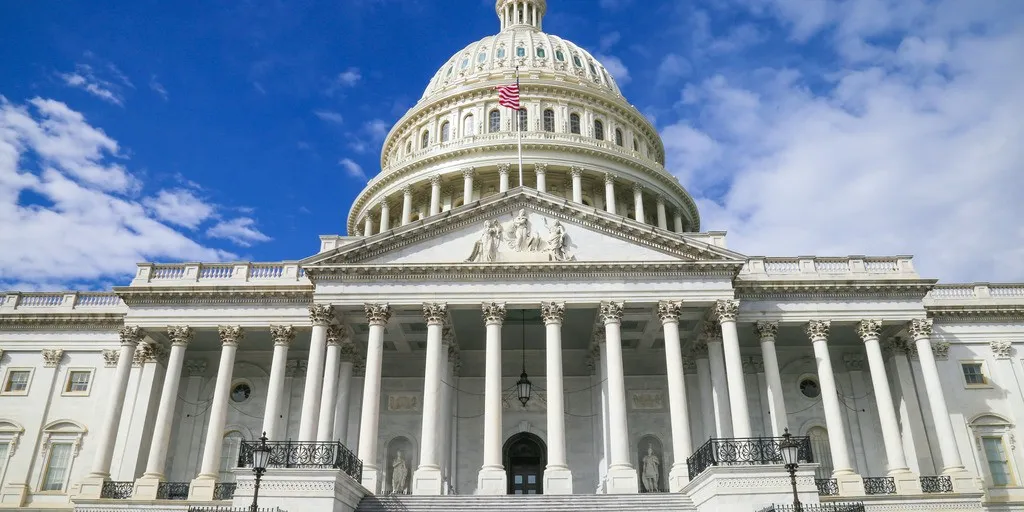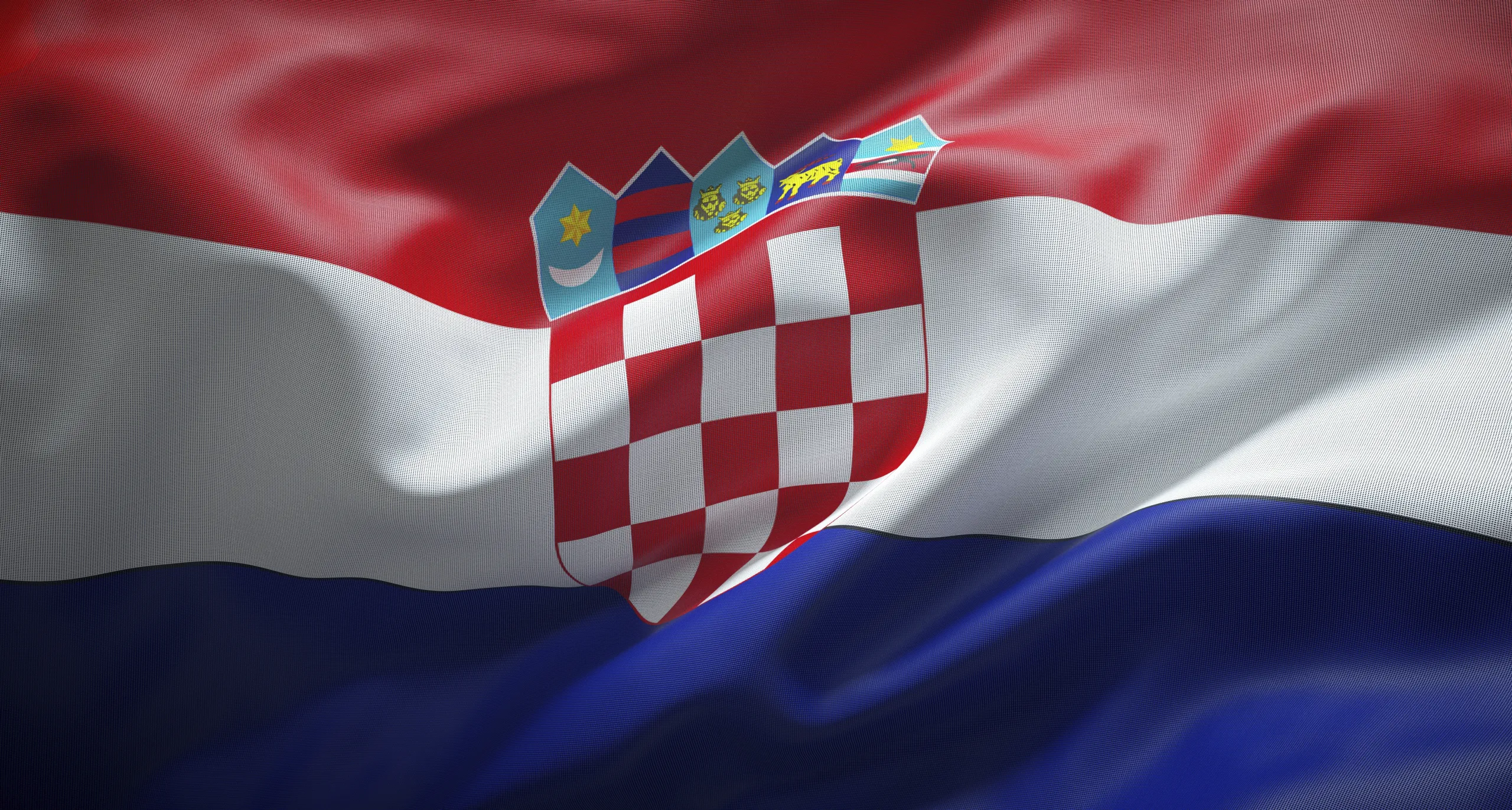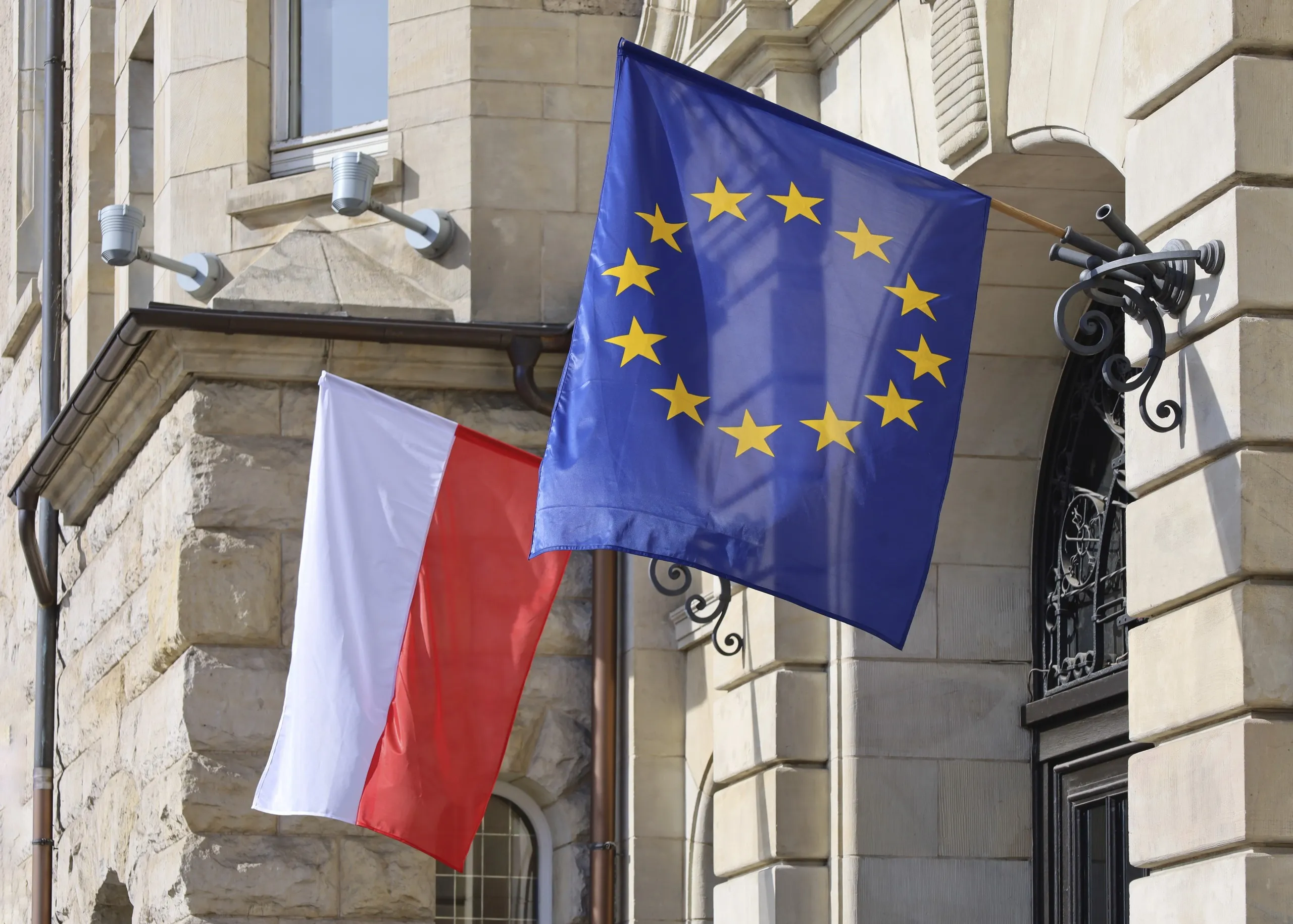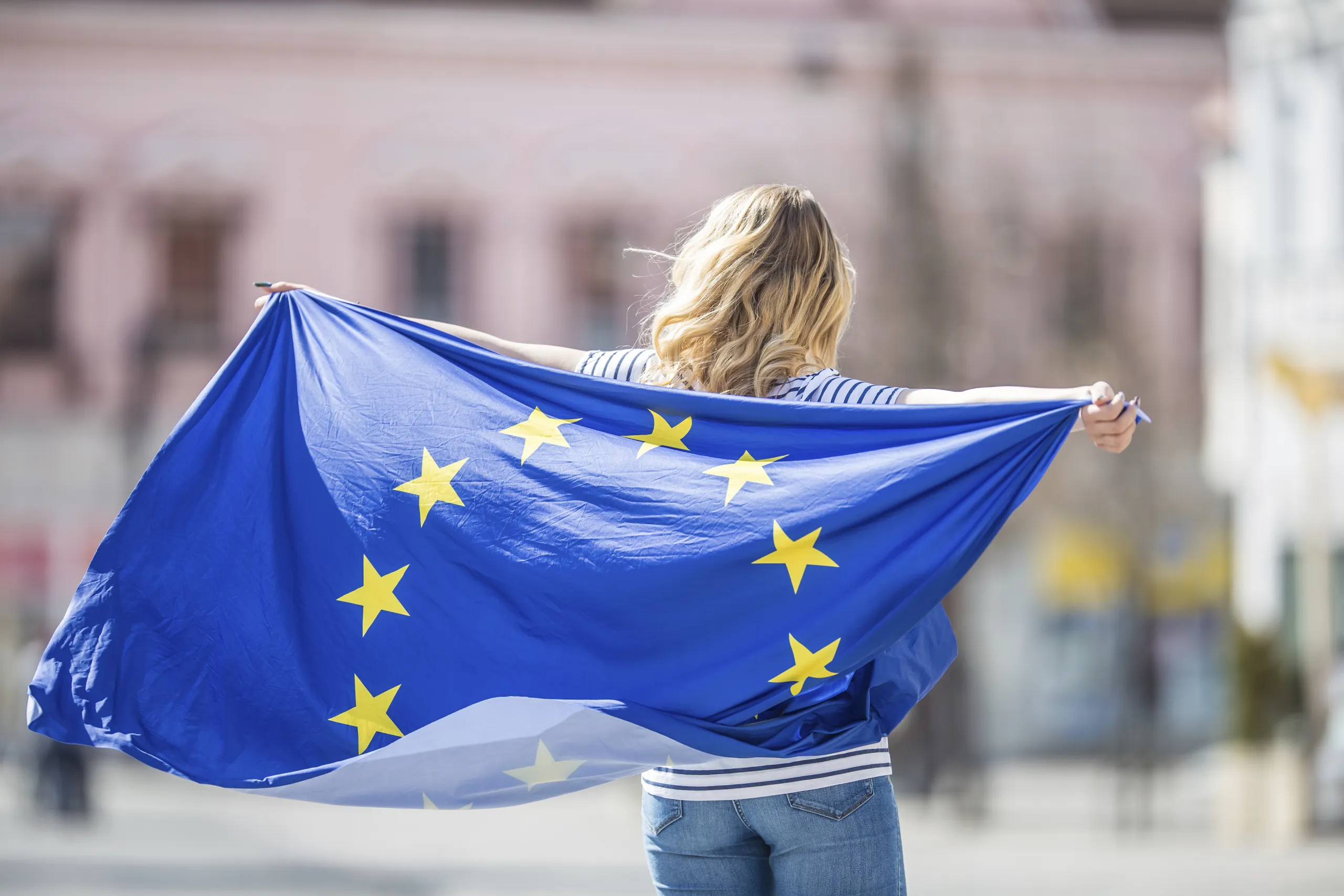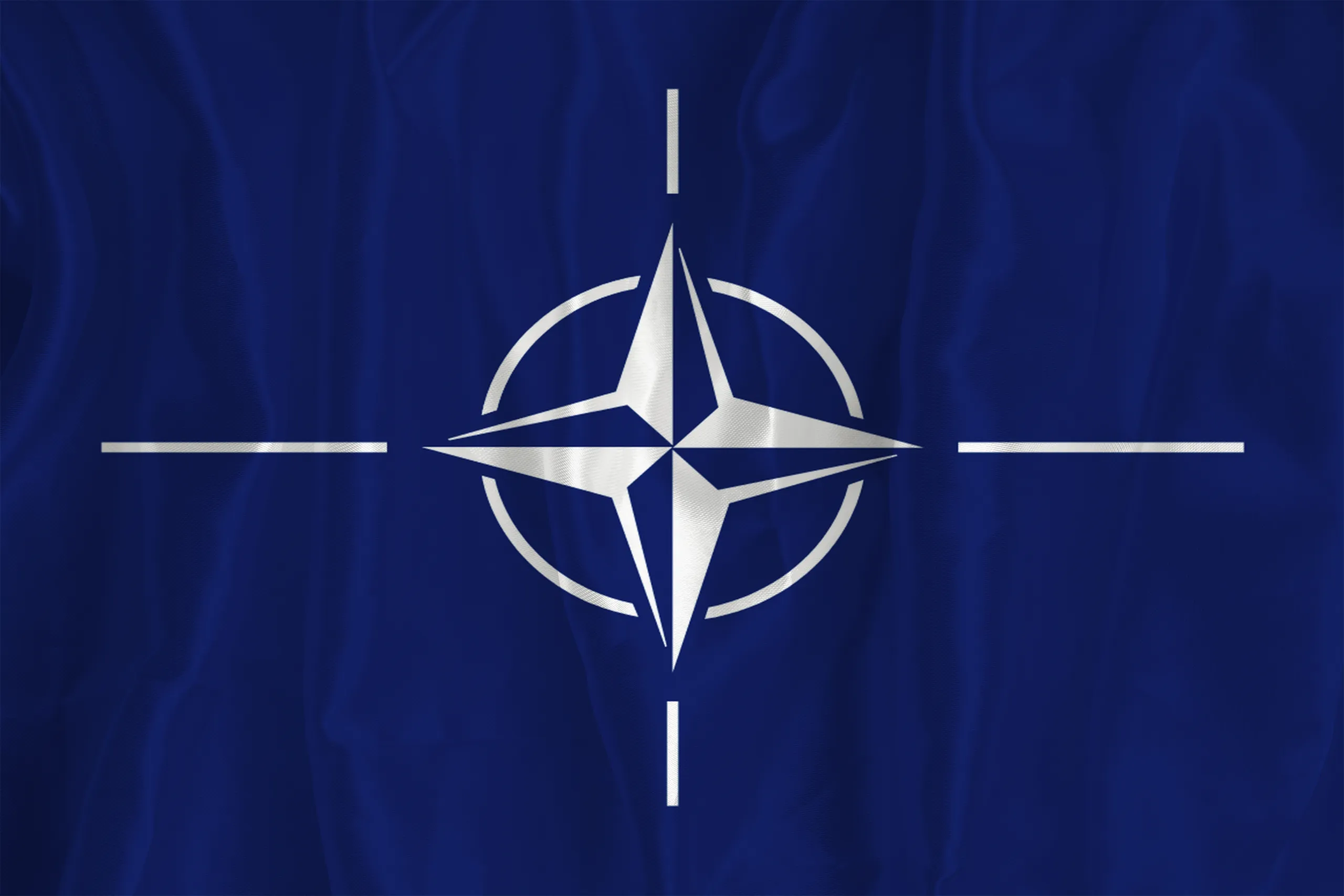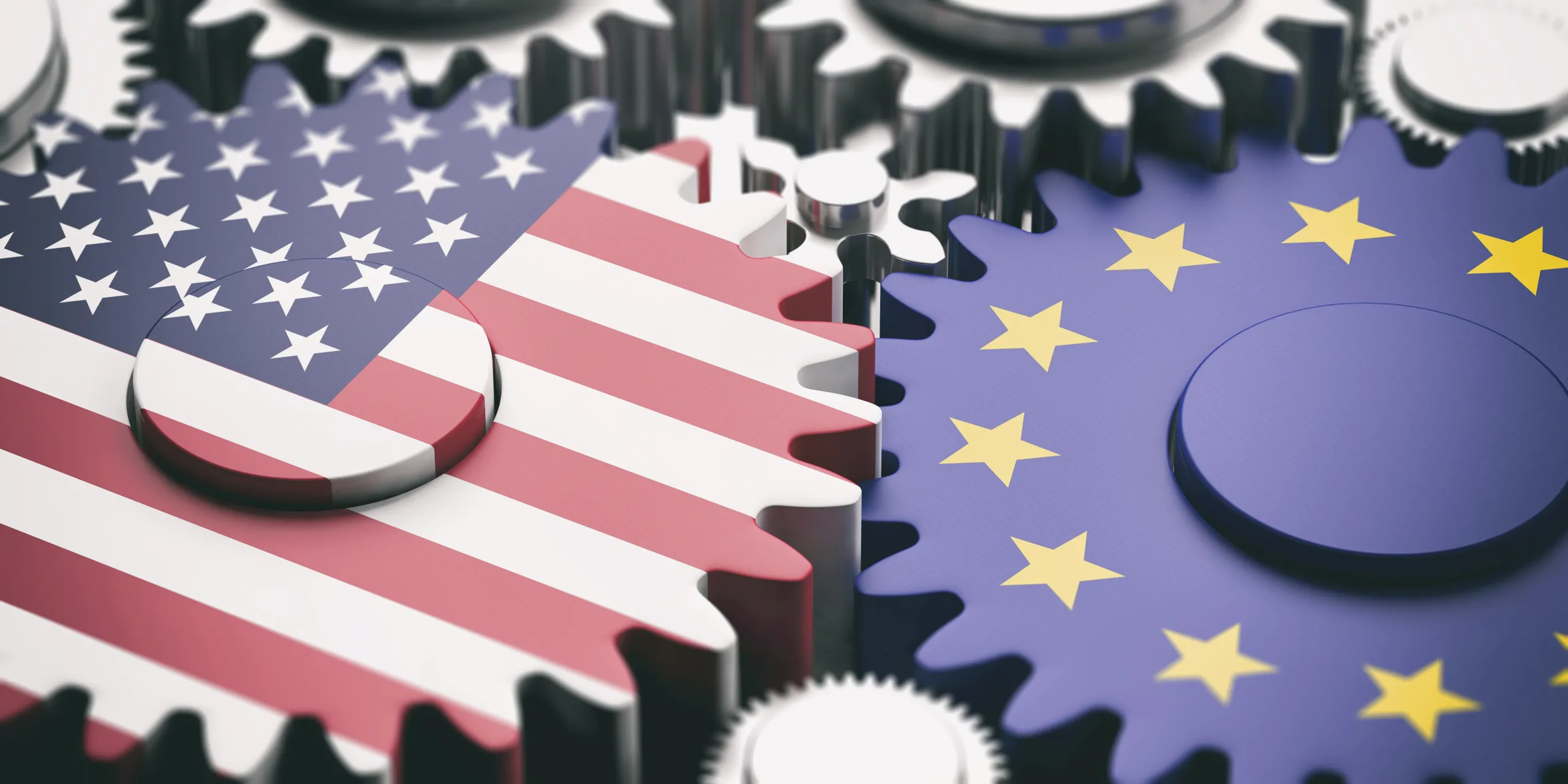Tunisians are hoping for – and urgently need – effective, citizen-focused governance. But neither the democratic experiment, nor the current turn toward autocracy, have delivered this. In the lead-up to the 6 October 2024 election, President Kais Saied eliminated his challengers and was re-elected for a second term amid low voter turnout. What happens next? We examine the post-election fallout and the role of the EU and its neighbourhood policy in the future.
The presidential elections unfolded amid growing repression, erasing doubts about the country’s return to autocracy. President Kais Saied has weakened democratic institutions since his 2021 power grab and ramped up his crackdown on opposition – or watched opponents implode.
It was an election without a true opposition. Instead, the result was a repressed civil society and restrictive media laws that silenced dissent. This led President Saied securing 90 percent of the vote on a measly 28 percent turnout.
Early in his political career, Saied enjoyed broad support for his anti-corruption stance and distance from political elites. But after suspending parliament in July 2021 and introducing a constitution in 2022 that expanded his powers, his focus on consolidating control was clear.
Tunisia’s shift toward authoritarianism has deepened, reflected in the 2023 parliamentary elections. Turnout dropped to 10 percent, a result of widespread disillusionment and boycotts by major political parties.
These parties are partly to blame for Tunisia’s democratic backsliding.
Nidaa Tounes, founded by Béji Caïd Essebsi in 2012 as a secular left-liberal alternative with active trade unionists counter to Ennahda, fragmented amid internal power struggles and lost influence.
An initially promising transitional justice system, enshrined in law in December 2013, has been undermined by laws protecting economic elites. No constitutional court was established to prevent a waning democracy.
Meanwhile, Ennahda became a popular force, uniting people from diverse backgrounds, but is now in crisis. Many of its leaders, including founder Rachid Ghannouchi (President of Parliament 2019-2021), are imprisoned on terrorism and foreign funding charges, as a result of Saied’s post-2021 crackdown.
Saied’s authoritarianism escalated with laws, such as Decree 54, which imposed harsh penalties for “false news”. Aggressive rhetoric against migrants emerged, accusing them of conspiring to change Tunisia’s demographic identity. This led to increased arrests and deportations of sub-Saharan African migrants, along with repression of civil society organisations supporting them.
This erosion of democracy comes at a time when Tunisians need urgent government action to address economic stagnation. Under Saied, Tunisia’s economic situation has worsened. Inflation surged to 10.4 percent by early 2023, up from 8.3 percent in 2022. Food prices climbed by 15.2 percent between June 2022 to June 2023. Shortages of staples, such as flour and sugar, exacerbate the hardships for everyday Tunisians.
Instead, Saied focused on cementing his grasp on power. We explain how Tunisia’s citizens might react – and how the EU can better respond to these developments.
No Election Observer Role for EU Amid Political Election Interference
While there were no notable issues with the election’s administration, the political process was marred by bias and manipulation. Two major local election observer associations, I Watch and Mourakiboun, were denied accreditation over allegations of “suspicious foreign funding … from countries with which Tunisia has no diplomatic relations”.
Similarly, international observers, including EU representatives, were not allowed to monitor the vote. In some polling stations, only representatives from the Russian electoral commission, the African Union, the Organisation of Islamic Cooperation, the Organisation Internationale de la Francophonie and a few other approved organisations were present.
Tensions grew as authorities cracked down on opponents in the lead-up to the election. In early September, the electoral commission, Instance Supérieure Indépendante pour les Elections (ISIE), ignored a ruling from the Administrative Court, Tunisia’s highest judicial body, and disqualified three presidential candidates, while Ayachi Zammel, one of Saied’s last remaining challengers, was arrested.
Despite further court rulings, ISIE refused to reinstate the candidates. Protests erupted in Tunis against the repression, marking the largest demonstrations in more than two years. Thousands rallied for free speech, but nationwide solidarity remained limited. The protests, while peaceful, did little to halt the growing autocracy.
The final results revealed a 28.8 percent turnout, the lowest since Tunisia’s 2011 transition to democracy. Saied won 90.7 percent of the vote, with most of his support coming from voters aged 60 and above. The imprisoned Ayachi Zammel received 7.35 percent and Zouhair Maghzaoui, leader of the left-leaning, secular People’s Movement Party, 1.97 percent.
Irregularities have been noted, such as ISIE announcing a sudden increase of 700,000 voters in less than a year. This increase, which does not reflect demographic growth in Tunisia, is curious, given the low voter turnout. However, given the political and legal bias surrounding the election, this issue is unlikely to generate widespread concern.
5 Ways the EU has Fallen Short
Since the 2011 revolution, the EU has invested billions of Euros – and good faith – to help develop political institutions, the economy and civil society during the difficult transition to democracy. But the election exposes five major shortcomings of this engagement.
- The EU did not sufficiently pressure the president and parliament to create a functional constitutional court, as mandated by the 2014 constitution. This court could have safeguarded the separation of powers. Its absence was a big contributor to the political impasse that led to Saied’s power grab on 25 July 2021.
- The EU missed opportunities to push for essential financial reforms to enable Tunisia’s private sector to fully integrate into the global economy, particularly small enterprises and start-ups. Allowing these businesses access to PayPal and credit card services would have helped them link with the EU’s internal market and thrive.
- Restrictive EU policies regarding Tunisian agricultural imports harm the creation of favourable conditions for Tunisia’s small and medium-sized farmers to benefit from EU markets.
- EU migration policies have not shifted away from a defensive stance towards circular migration and joint skill development. Instead of expensive, slow visa procedures, the EU could have promoted more respectful mobility for a mutually beneficial system with easier movement and opportunity.
- During Tunisia’s slide toward authoritarianism, the EU did not provide sufficient support to the vibrant post-revolution civil society it initially sponsored. Strengthening this sector would have been crucial in countering authoritarianism.
Two Possible Scenarios for Tunisia and the EU
Despite many challenges, Tunisia’s civil society, economy and political actors remain resilient. Since 2011, ties between Europe and Tunisia have been cultivated. This presents an opportunity for renewal. With the new European Commission taking office in November 2024, there is a chance to reset relations on a partnership basis, regardless of Tunisia’s political direction. We see the situation in Tunisia developing in one of two directions.
1. Authoritarianism and isolationism:
- Saied’s authoritarian rule continues, leading to deeper uncertainty and stagnation in governance and the economy. As public and private sectors disengage, inflation rises, jobs are lost and incomes decline, public services are weakened. Frustration grows across society, driving more Tunisians to consider migration. Protests may become more frequent, depending on state control and suppression by police and intelligence services.
- Europe faces a dilemma as Tunisia’s political and economic conditions worsen. Despite frustration, the EU may hesitate to intervene with an isolationist president. After the election, Saied openly praised a triumph against international interference in the election.
- The EU may reduce projects while waiting for internal reform. Supporting Tunisia’s civil society is crucial. Easing visa restrictions and access to the European labour market will give opportunities to young, educated Tunisians – only six percent of whom voted – while fostering long-term collaboration.
2. Authoritarian rule with improved governance:
- Saied continues his authoritarian rule but allows more flexibility for government and business to improve public services and boost the economy. Projects such as ElMed, which promotes energy interconnectivity between Italy and Tunisia, and offshore businesses progress, yet public disillusionment remains high. While some economic improvements occur, many Tunisians remain keen to emigrate.
- Periodic protests may persist as frustrations linger. Saied may loosen his grip on political dissent by releasing some of his opponents arrested during the election period, signalling a return to a more tempered democratic framework – even if largely symbolic – to maintain appearances.
- Europe will stay engaged with actors with whom they can work. If projects, such as EIMed, continue to run effectively, EU investment will increase. Green energy transition projects could attract funds. If this engagement creates valuable jobs in Tunisia, the economic and political situation might improve.
- In this scenario, a strategy that avoids direct interference in Tunisia’s internal affairs could open the EU’s labour market to Tunisian civil society. This would create positive feedback loops, benefiting Tunisia’s society and economy.
Factors of Sudden Change
However, there are unpredictable factors. It cannot be ruled out that part of the army and the youth act and change the two possible scenarios.
1. The army comes into play:
- The role of the military is seldom discussed. Saied lacks broad support from traditional parties and labour unions, making the military’s role increasingly pivotal. The army may bolster Saied’s power or become a guardian of better, inclusive governance.
- While Saied has strengthened the military’s role, including ministerial appointments, reports of internal tensions have emerged. This was evident with water management and medical supplies, where the military offered practical solutions, while Saied pushed conspiracy theories.
- The USA reportedly has longstanding relations and influence with the Tunisian generality. In this environment, the EU can influence developments involving the Tunisian army via the transatlantic dialogue.
2. Youth and civil society unite:
- Strong turnout at protests, the active role of civil society and the fact that only 6 percent of the youth voted indicate such forces are still resisting authoritarianism and socio-economic decline. There is a determination to protect personal freedoms in Tunisia’s younger generation, which didn’t grow up under pre-2011 dictatorships.
- This generation has been exposed to international perspectives. They’re pushing for a future where Tunisia’s government and Europe open up for them, enabling greater economic and political mobility. Academia continues to be a critical voice in the public sphere. Critical voices can be triggered by the ongoing stalemate, by increased stress caused by heat waves and water shortages – or by a broad eruption of anger triggered by police violence. This may create an atmosphere where Saied could disengage or change course.
Be Better Prepared: EU and Sudden Changes in Tunisia
The EU should prepare for sudden change in Tunisia and learn from the aftermath of 2011. Three member states (add one from Central/Eastern Europe to Italy and the Netherlands, which were represented in the Team Europe Initiative with the EU Commission in 2023) should be assigned to construct a just-in-case package that offers Tunisia a sustainable political, financial and socioeconomic support programme, effectively coordinating EU institutions and members states.
Despite the flawed political process and widespread disappointment, the EU must acknowledge that Saied still enjoys significant support among parts of the population. A strategy to engage with these groups and address their concerns is essential for the EU’s future approach to Tunisia.
About the Authors
Christian Hanelt is a Senior Expert for the EU Neighbourhood and the Middle East, working in the Bertelsmann Stiftung’s Europe’s Future programme. His areas of expertise include the Euro-Mediterranean Partnership, the Israeli-Arab conflict, the EU’s relations with the Gulf region, economic developments in the Arab world and the causes of flight and migration.
Sophia Hiss is pursuing a Master of International Affairs at the Hertie School of Governance in Berlin, with a focus on human rights, migration and the politics of the MENA region.
Read more about the EU’s Southern Neighbourhood
EU at a Crossroads with the Tunisian Democracy Experiment (globaleurope.eu)
Global Gateway: The EU Maps a Different Path Than Belt and Road (globaleurope.eu)


